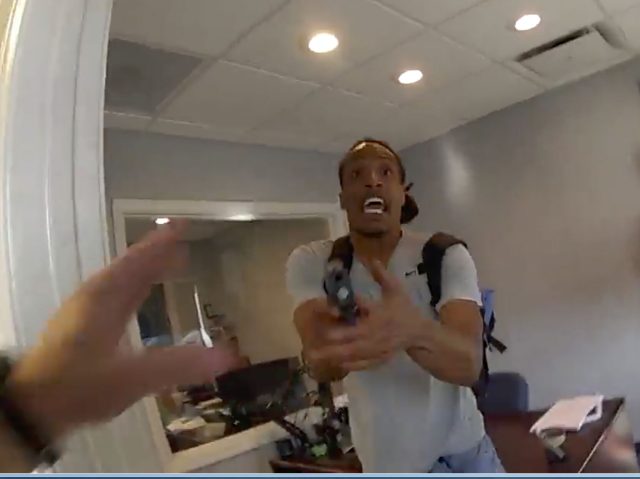Higher education not the problem
Published 8:00 am Saturday, January 6, 2024
“We are paying a price for the jettisoning of standards by which right and wrong, good and evil, can be defined and judged,” Cal Thomas wrote in a recent op-ed. “If everybody is right; if truth is subjective, then nothing can be said to be wrong which has brought us to the current moral chaos and intellectual flabbiness.”
Thomas made these remarks within the context of the ongoing debate about the role higher education plays in either the denunciation or the amplification of antisemitism in relation to the ongoing conflict between Israel and Hamas.
On one level, he has a point. There is some validity to the assertion that an inability to discern culpability is a byproduct of the deconstruction of values that characterizes some of our societal institutions.
On another level, there is a certain duplicity to singling out colleges and universities for their presumed role in precipitating this existential crisis. The idea that intellectualism is at the heart of our ethical shortcomings is misleading and hypocritical.
To say right and wrong exists is stating the obvious. The real elephant in the room is the naïve notion that those who think deeply, critically and systematically are somehow less likely to arrive at correct conclusions than those inclined to contemplate reality in a less formal manner.
Education – or lack thereof – is not the problem. My grandfather’s schooling topped out with the fourth grade. He was one of the smartest people I ever met. I know PhDs who probably couldn’t tie their own shoelaces.
The real culprit is the disingenuous way some use their own unexamined and arbitrary standards to judge the actions of others. If the singular pursuit of unbiased truth is not your only objective, then your agenda is flawed. And that has nothing to do with higher education.
Aaron W. Hughey
Bowling Green






